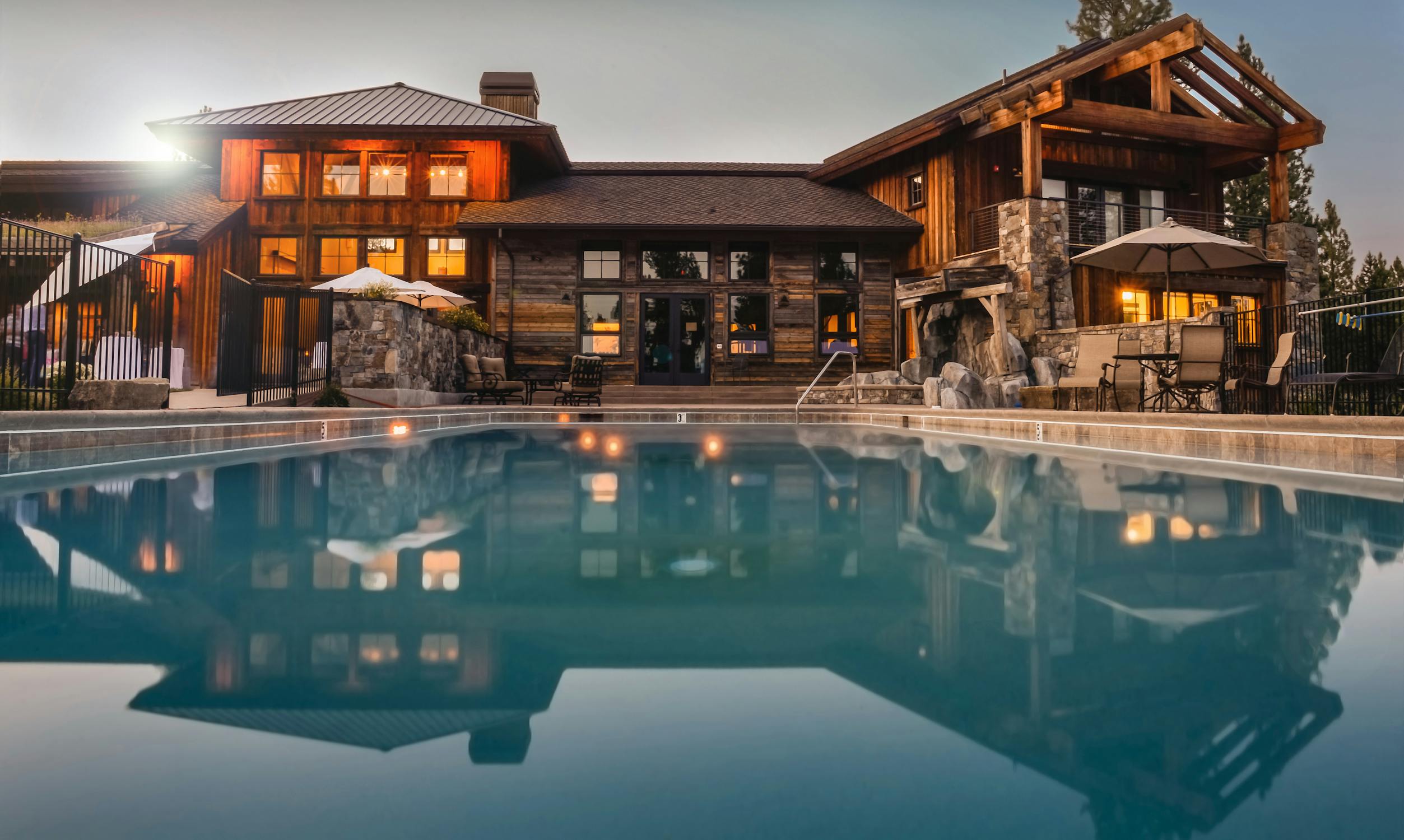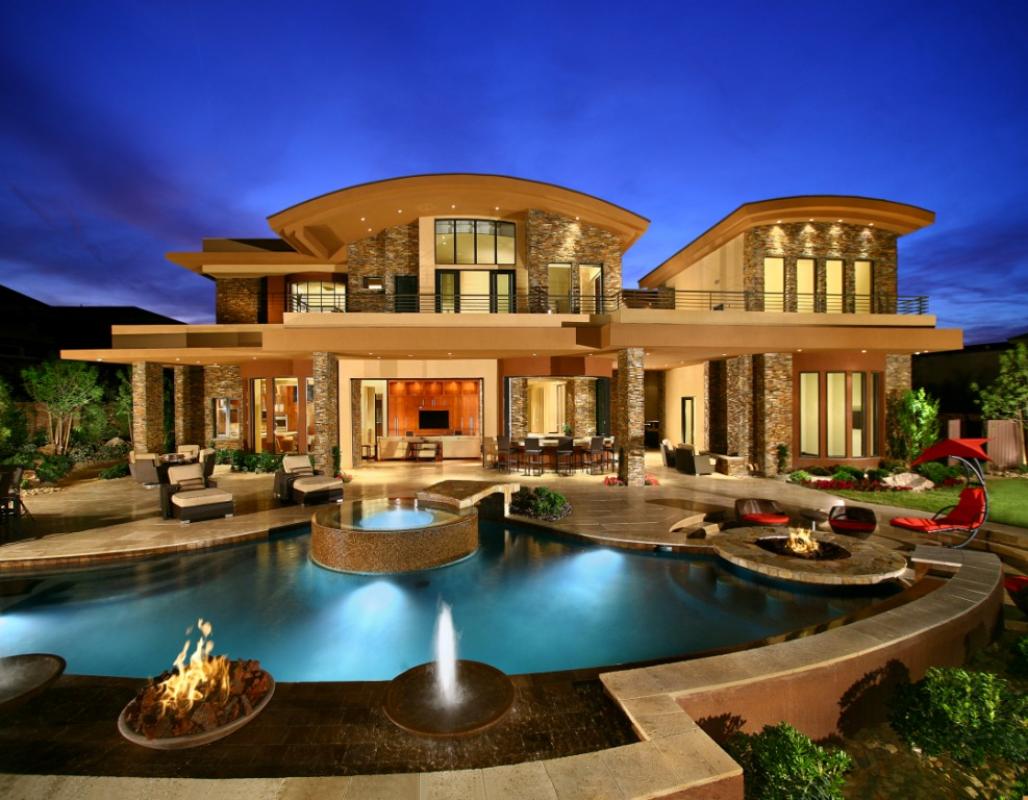ARE YOU PREPARED FOR WHAT’S COMING?




If your home’s been sitting on the market without the kind of offers you’re hoping for, you might be asking yourself, “What happens if it doesn’t sell?” Lately, more and more homeowners are facing that same question—and many are starting to wonder, “Would it make sense to rent it out instead?
In real estate, there’s actually a name for this situation—it’s called becoming an “accidental landlord.” As Yahoo Finance puts it, here’s what that means:
“These ‘accidental landlords’ are homeowners who tried to sell but couldn’t fetch the price they wanted — and instead have decided to rent out their homes until conditions improve.”
These days, more and more homeowners are finding themselves in the “accidental landlord” category. Business Insider breaks down why this trend is on the rise:
“While there have always been accidental landlords . . . an era of middling home sales brought on by a steep rise in borrowing rates — is minting a new wave of reluctant rental owners."
In short, home sales have cooled because buyers are feeling the pinch of today’s affordability challenges. That means some houses are sitting on the market longer than expected. And for sellers who don’t want to lower their price just to attract buyers, renting is starting to look like the better option.
But here’s something to keep in mind if you’ve thought about renting out your home: becoming a landlord probably wasn’t part of your original plan—and for good reason. It often comes with more responsibility (and risk) than most people realize.
So, if you’re considering going that route, it’s worth asking yourself a few key questions first:
Just because renting is an option doesn’t always mean it’s the right move. For example:
If any of those questions make you hesitate, that could be a sign that selling might be the smarter choice.
Renting might sound like simple, passive income at first. But in reality, it usually ends up looking more like this:
Like Redfin points out:
“Landlords have to fix things like broken pipes, defunct HVAC systems, and structural damage, among other essential repairs. If you don’t have a few thousand dollars on hand to take care of these repairs, you could end up in a bind.”
Bankrate highlights a few of the hidden costs that can come with renting out your home, such as:
All of those expenses can pile up quickly.
Renting can definitely make sense for the right homeowner with the right property. But if the only reason you’re leaning that way is because your listing hasn’t gotten much attention, it might be smarter to start by talking with your agent and taking another look at your pricing strategy.
Before you jump into renting out your home, take time to really weigh the pros and cons of being a landlord. For many homeowners, the stress—and the extra costs—just aren’t worth it.




For Sellers

Stay up to date on the latest real estate trends.

For Buyers

Affordability

For Buyers

For Buyers

For Buyers

For Buyers

For Sellers

For Buyers

For Sellers
You’ve got questions and we can’t wait to answer them.